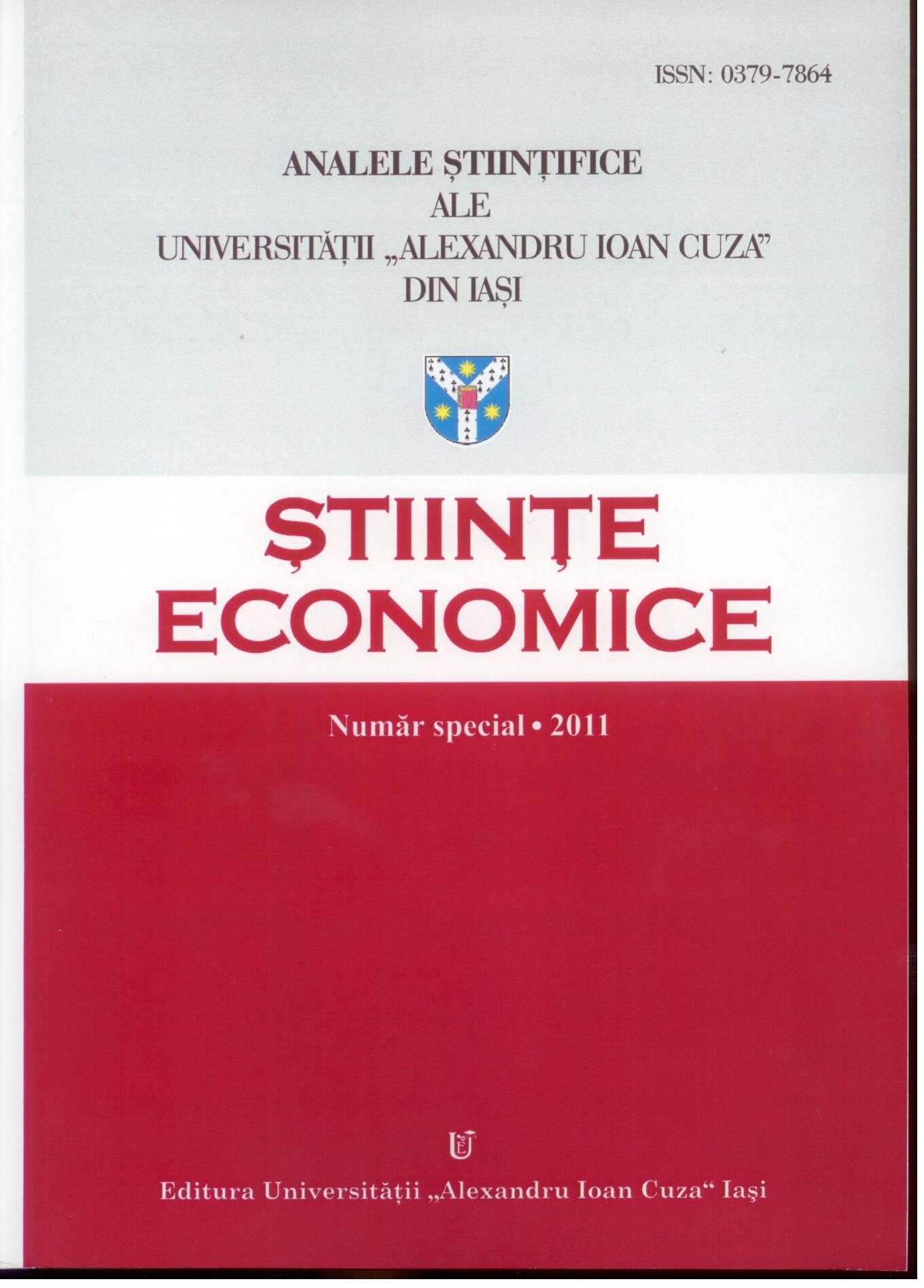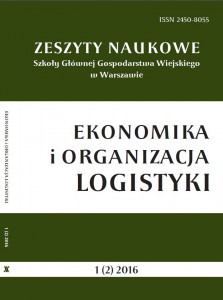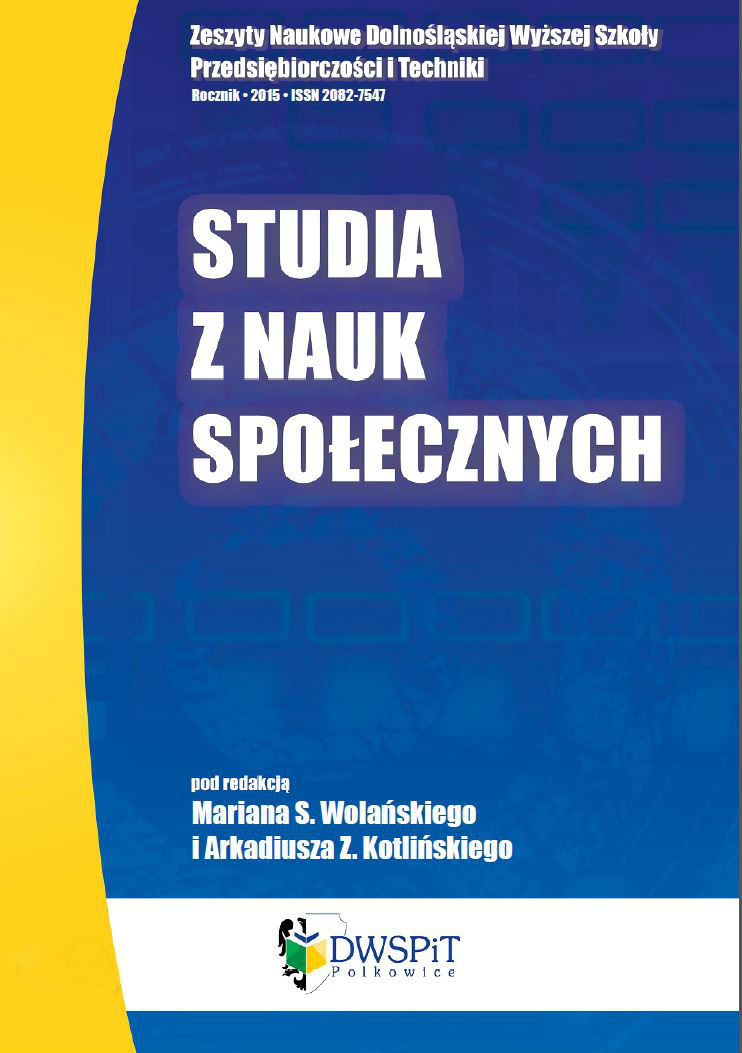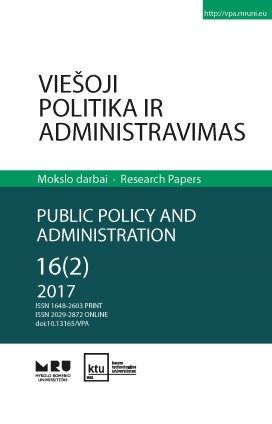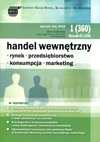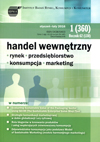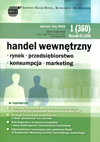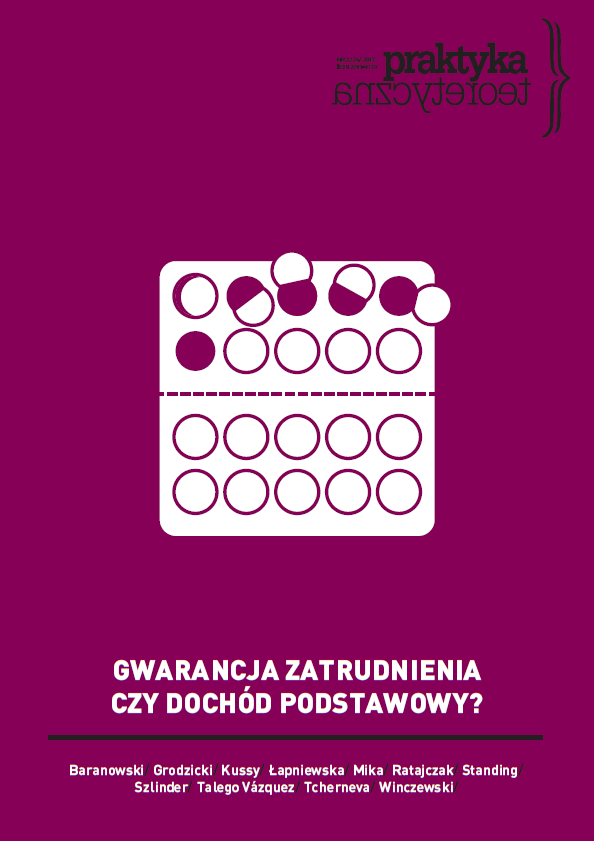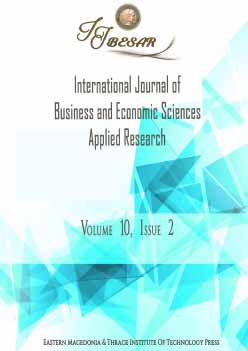
The Impact of Tourism on Economic Growth in the Western Balkan Countries: An Empirical Analysis
Purpose: The purpose of this research paper is to empirically analyse the effects of tourism on economic growth in Western Balkan countries (Albania, Bosnia and Herzegovina, Croatia, FYROM, Montenegro and Serbia). Design/Methodology/Approach: The empirical analysis consists of 17-year panel data of 6 countries over the period 1998 to 2014. Several models are analysed using the panel regression econometric techniques. The study investigates the random and fixed effects, as well as individual heterogeneity across those countries. Also, the Hausman Taylor IV estimator is used as the most appropriate model for this analysis. The real income per capita of the sample countries is modelled as dependent on the lagged income per capita, tourist arrivals, tourism receipts, FDI stock, exports and government expenditures. Findings: The estimation results in all types of models, and indicate that tourism has a positive and significant impact on economic growth in the Western Balkan countries. The Hausman Taylor IV model suggests that for every 1% increase of tourist arrivals, the output will increase approximately by 0.08%. Research limitations/implications: Although the Hausman Taylor IV model performs well, the results should be interpreted with caution. The analysis has its limitations; firstly, the total number of observations is relatively small for a panel regression analysis; secondly, the problem of endogenity is not completely avoided. However, the study implies that these countries should enhance efforts for joint tourism sector policies to engender economic sustainability. Originality/Value: To our best knowledge, this is the first attempt of estimating the effects of tourism on economic growth in the Western Balkan countries using the Hausman Taylor IV model.
More...
